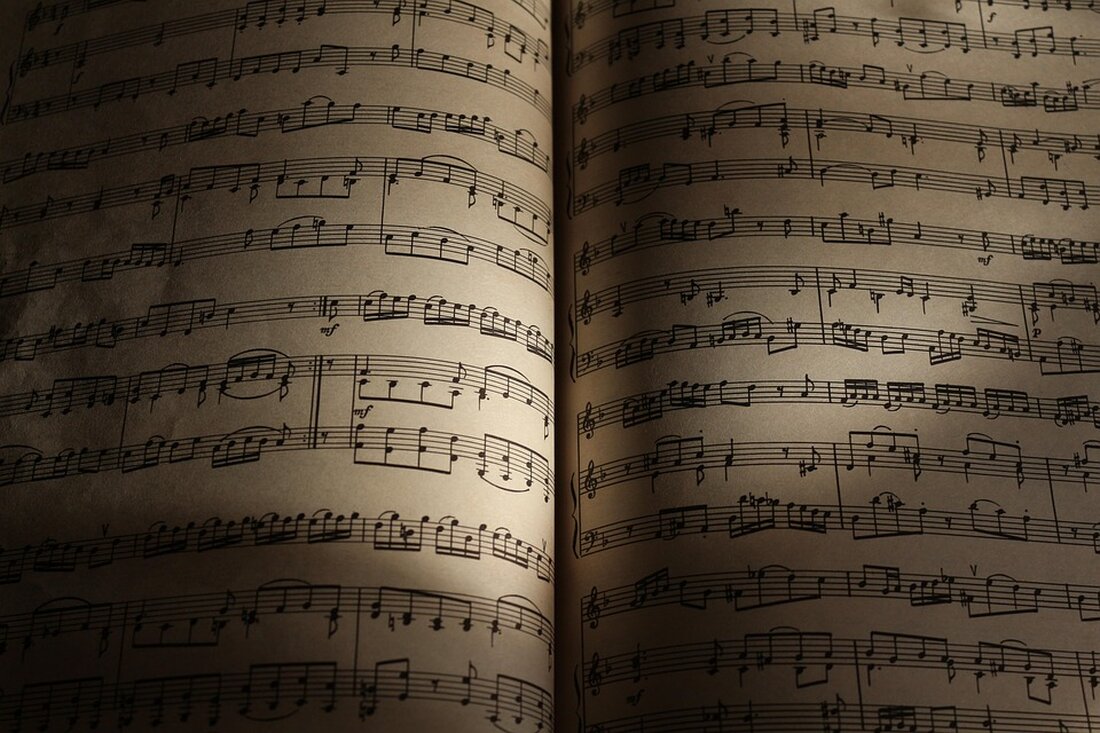Insights into nature: Lecture on collecting passions in Kiel!
On May 22, 2025, Professor Matthias Glaubrecht will give a lecture on the importance of travel and natural history collections at the Kiel Zoological Museum.

Insights into nature: Lecture on collecting passions in Kiel!
On May 22, 2025, the Zoological Museum of the Christian Albrechts University of Kiel (CAU) invites you to its fifth festive event in the anniversary year. The lecture entitled "What remains of travel - From Alexander von Humboldt to August Möbius. Or: The question of why we collect" will be given by Professor Matthias Glaubrecht, a renowned evolutionary biologist and science historian.
In his lecture, Professor Glaubrecht will highlight the exciting contributions of influential explorers such as Alexander von Humboldt and Adelbert von Chamisso. The focus is on their botanical and zoological collections as well as the importance of natural history collections and museums for modern research. According to Professor Dirk Brandis, such collections are of central importance in meeting current challenges such as climate change and biodiversity. The lecture starts at 7 p.m. and is free of charge. Afterwards there will be a reception in the Walhalle.
A legacy of natural exploration
September 14, 2019 marked the 250th anniversary of the birth of Alexander von Humboldt. Humboldt was not only an explorer, but also a visionary in natural research. In the context of his work, an extensive collection of articles on ecology, global change and geosciences was created, compiled from six different Nature journals. This collection is organized into four main themes that explore Humboldt's influential ideas, particularly as they relate to Latin America.
The editorial accompanying this collection of articles illuminates how Humboldt's view of the world as a complex, interconnected system of biological and physical processes decisively shaped subsequent generations' understanding of nature. His interdisciplinary approaches and findings still have great importance in contemporary science today.
In his lecture, Professor Glaubrecht will examine the connections between historical naturalists and modern challenges. The event promises not only a deep insight into the history of natural research, but also into the relevance of these collections with regard to current environmental problems. As Professor Dirk Brandis notes, natural history collections are essential as research infrastructure for understanding the past and finding solutions to current environmental issues.
For further information about the event in Kiel you can University of Kiel and for more about Alexander von Humboldt's legacy the Nature collection visit.

 Suche
Suche
 Mein Konto
Mein Konto